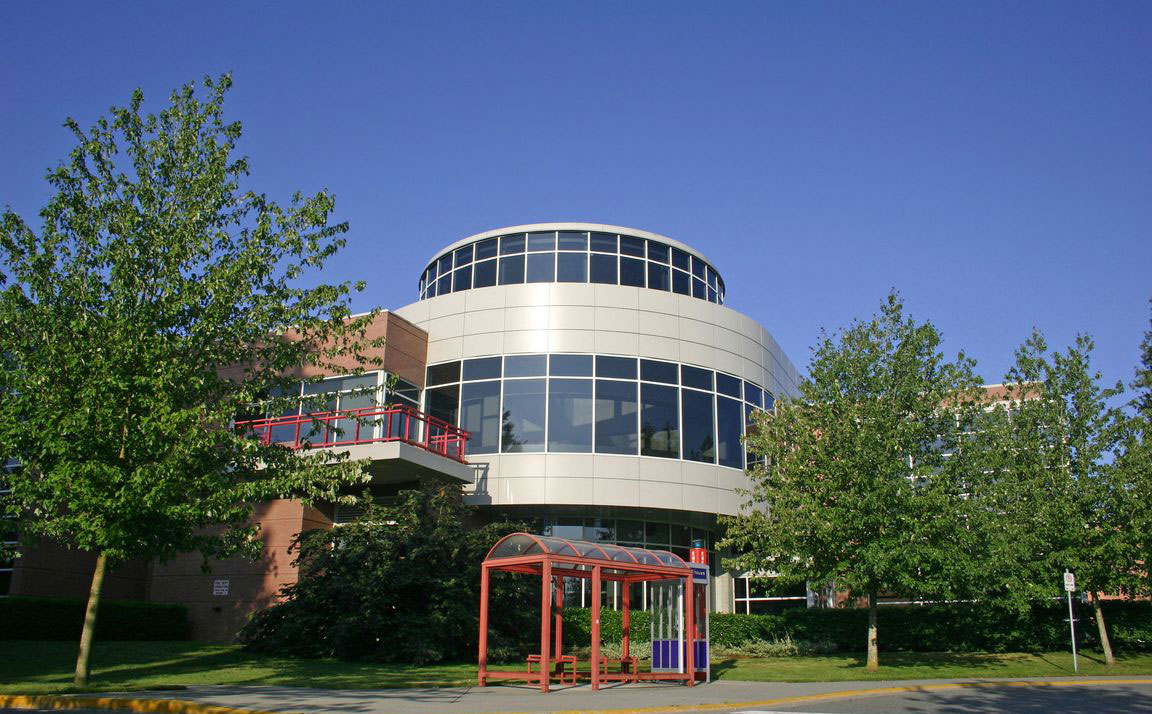By Alex Rake (The Cascade) – Email
Print Edition: November 12, 2014
A lack of voice and a focus on job-specific training are growing issues for library workers, says Christina Neigel, associate professor in the Library Information and Technology department at UFV.
Neigel recently published an article on her blog discussing the current emphasis on skill-training for specific roles in the library, as opposed to “significant learning” for personal development.
She explains that discussion about continuing education is “limited to a focus on skill development for the purpose of creating efficient organizations and employees.”
Neigel says that “training is limited in that [while] it enables us to perform our jobs as they evolve … [it] cannot empower us to speak up and it cannot act as the key that unlocks our passion to do better.”
Elaborating on her post in an interview, Neigel suggests training and continuing education are separate tools; training is for improving job performance, while continuing education should involve “people coming forward and identifying from their own situations what it is that they feel they need to grow as an individual.” She suggests providing opportunities to participate in meaningful discussion to help employees come closer to “self-actualization.”
While Neigel acknowledges that there were not always “fantastic opportunities for [individual] growth and development,” she notices that the situation has become a lot worse in the last 15 years.
Explaining that this situation is not unique to libraries, Neigel says that “employees are increasingly not given a voice to express their own interests, concerns, and observations about not just their own workplace but what’s happening beyond it.”
This decreasing opportunity, Neigel argues, has also left workers with less “political and social capital” that would help them grow, particularly for those in lower-paying, more introductory positions.
Such workers “perhaps have greater concerns about hanging on to their jobs,” which further “minimizes their ability to have a voice.”
Along with the lack of opportunities for individual development, Neigel says that many workers are not paid enough for the services they provide their communities.
“The organizations aren’t willing to invest in these people to allow them to grow and [employees] can’t find the money in their own personal coffers, and so they become entrapped,” she says. “It’s a problem.”
Neigel also senses problems with new public management, that “using rationalized systems to make [people] accountable for [their] actions so that [organizations] are — in theory — spending taxpayers’ money in the most knowledgeable and informed way” does not properly “take into account the kind of work that actually goes on when you work with other people.”
Neigel concludes that while there are efforts being made to make libraries and employees better, “nobody is talking about how some of these things require a complete overhaul in the ways library professionals are educated and equipped to deal with these transformations.” She fears that this is “a huge problem that we’re unwilling to talk about openly.”
Neigel has worked in the library industry for over 20 years. Her blog can be found at libitufv.blogspot.ca.



